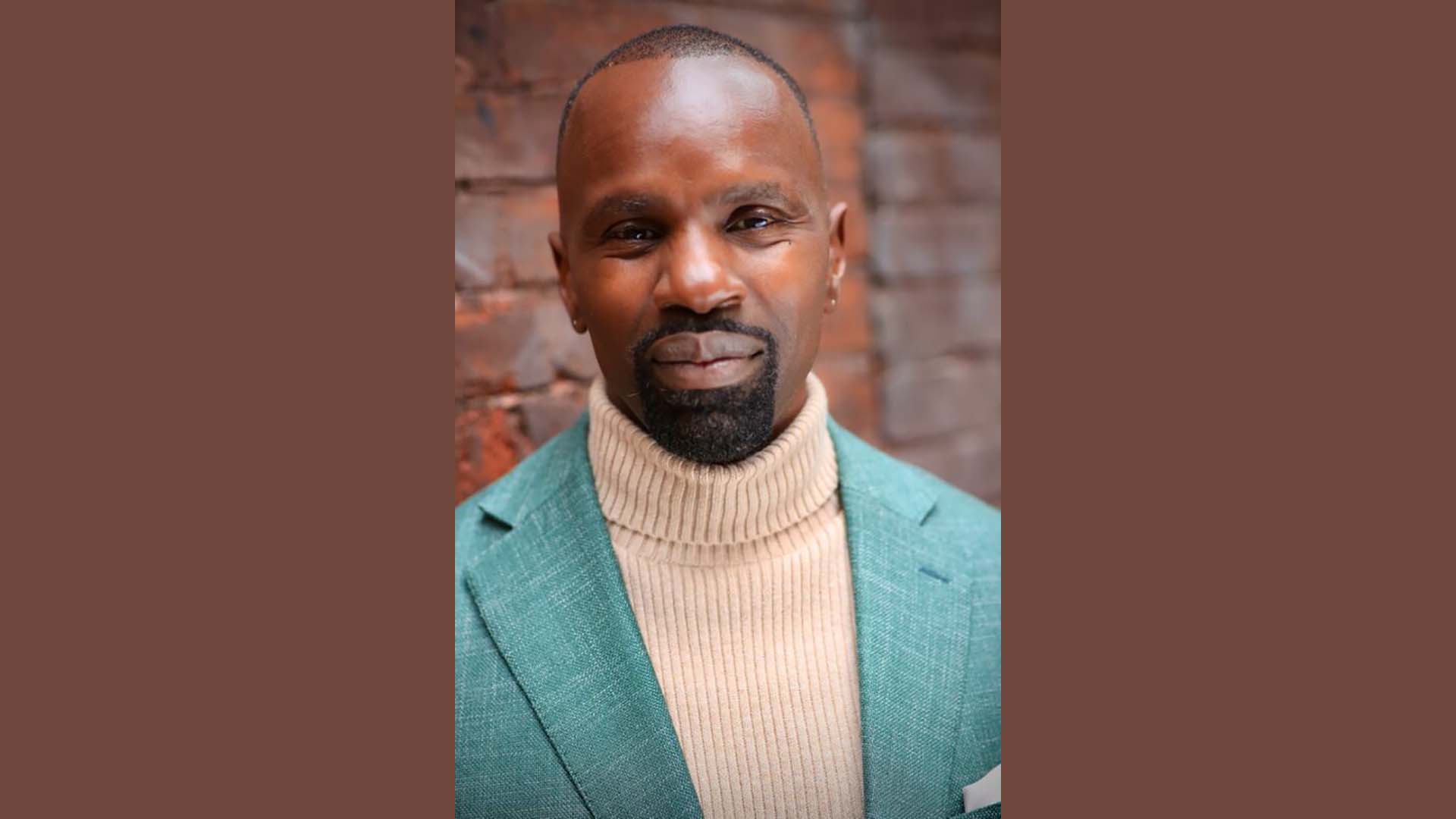CARLOS T. CARTER
This month’s Take Charge of Your Health Today is about the mental health crisis and the important role our communities play in helping people recognize and understand what good mental health looks and feels like, so they can reach their full potential. Good mental health is a human right! Programs that promote it for all people should be part of our country’s infrastructure — not only for this generation, but also the next.
As we do each month, we asked President and CEO of the Urban League of Greater Pittsburgh, Carlos T. Carter, for his input:
Q: Carlos, we know the Urban League places great importance on the theme of empowerment in all its programming. What does it mean to be empowered? How might mental health affect an individual’s ability to achieve empowerment?
Carlos: We view “empowerment” as having agency or power in a situation. Empowered individuals are put in the position to create a life that is meaningful to them and not just respond to others’ wishes. They are put in the driver’s seat to make decisions that are important to them and their family. They are in more of a position of choice rather than “fight or flight” and a victim of circumstance. They are positioned to overcome, rise above challenges to pursue their dreams, and realize their life’s purpose. At the end of the day, as an empowered person, you are positioned to realize your full potential.
Your mental health is paramount to your success and ability to reach your highest potential. A key ingredient to success is hard work. Another element is having a mindset where you believe in yourself and believe that you can win. Unfortunately, when you are struggling with your mental health, it is very difficult to realize your potential. I believe everything starts with your mind and thoughts. Yes, you can fake that you have it all together — but for only so long. For this reason, mental health, and having a good mindset, form the foundation of empowerment.
Q: What is a trauma-informed lens and how does it characterize the Urban League’s work?
Carlos: A trauma-informed lens is about being aware of the impact trauma has on the lives of everyone. This is further amplified for Black and Brown people who are disproportionately impacted by systemic racism and the generational trauma it has caused. Both are devastating to our mental health without the proper treatment or support.
At the Urban League, most of our direct service staff have received training in using a trauma-informed approach. This is evident through our service delivery, as well as the skills imparted to our clients regarding practicing self-care to reduce personal stress and maintain mental sharpness. We take this very seriously as we work with our clients to achieve economic self-sufficiency.
Q: What can we do on an individual and a community level to break the stigma around seeking mental health treatment?
Carlos: I believe it’s important that we’re intentional in normalizing that it’s ok not to be ok! I personally have had several periods in my life where things were tough and I needed additional support. I talk about this in my book Greatness Awaits You! It was not easy to be this vulnerable, but I talk about it to help other people. Sharing personal experiences and modeling the way by seeking help myself goes a long way.
Another thing I’ve found to be very helpful is really listening and being concerned about other people. When people know that you really care about them non-judgmentally, they will often open up and share what’s really going on. Men of all ages especially struggle with this. I’ve been able to encourage many to seek professional help for the first time by simply showing genuine concern. I constantly let them know that it is okay to seek help because I’ve done it, too.
As a community, we need to raise awareness about the importance of taking care of our mental health and let each other know about resources. We must do it in a way that is empowering and preserves one’s dignity.
We also need to be creative and leverage nontraditional advocates like barbers, stylists, and others who can build trust and connect with people who are hard to reach through traditional methods.
Carlos T. Carter is President and CEO of Urban League of Greater Pittsburgh.
